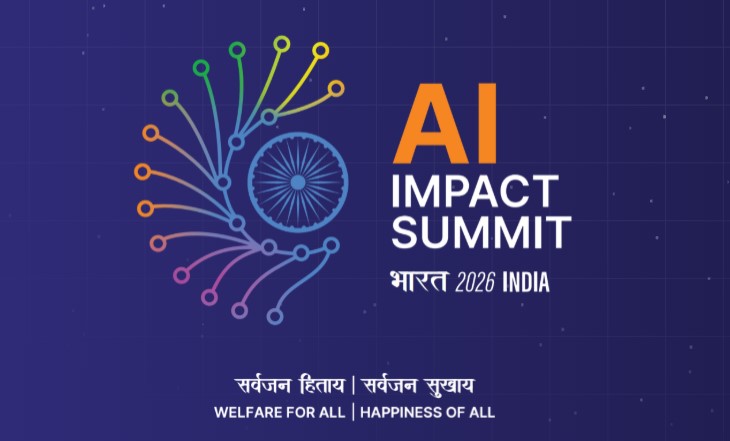Google has introduced Lyria 3 inside its Gemini app, marking its expansion into AI-generated music. The model enables users to create 30-second tracks from text prompts, images, or short videos. It also supports Dream Track on YouTube Shorts, strengthening AI integration in creator tools.
The development reflects the growing convergence of multimodal AI systems. Gemini can already generate text, images, and video, and music is now added to this ecosystem. This positions Google within the broader race to embed generative AI across digital content infrastructures.
Lyria 3 lowers technical barriers to music production. Users can generate instrumentals and lyrics without prior composition skills, simply by describing a mood, genre, or memory. This aligns with wider efforts to democratise creative expression through AI tools.
The model also introduces technical improvements over earlier audio systems. It offers greater control over tempo, vocals, and style, while producing more realistic and musically complex outputs. However, tracks are currently limited to 30 seconds, suggesting a phased rollout approach.
Transparency measures are embedded through SynthID watermarking technology. All AI-generated tracks include an imperceptible identifier to signal synthetic origin. Such mechanisms respond to increasing policy discussions on labelling and traceability of AI-generated content.
Google also emphasises safeguards related to intellectual property. The system is designed for original expression rather than direct imitation of specific artists. Prompts referencing known artists are treated as stylistic inspiration, and outputs are filtered against existing works, with reporting mechanisms available for potential rights violations.
Would you like to learn more about AI, tech and digital diplomacy? If so, ask our Diplo chatbot!









